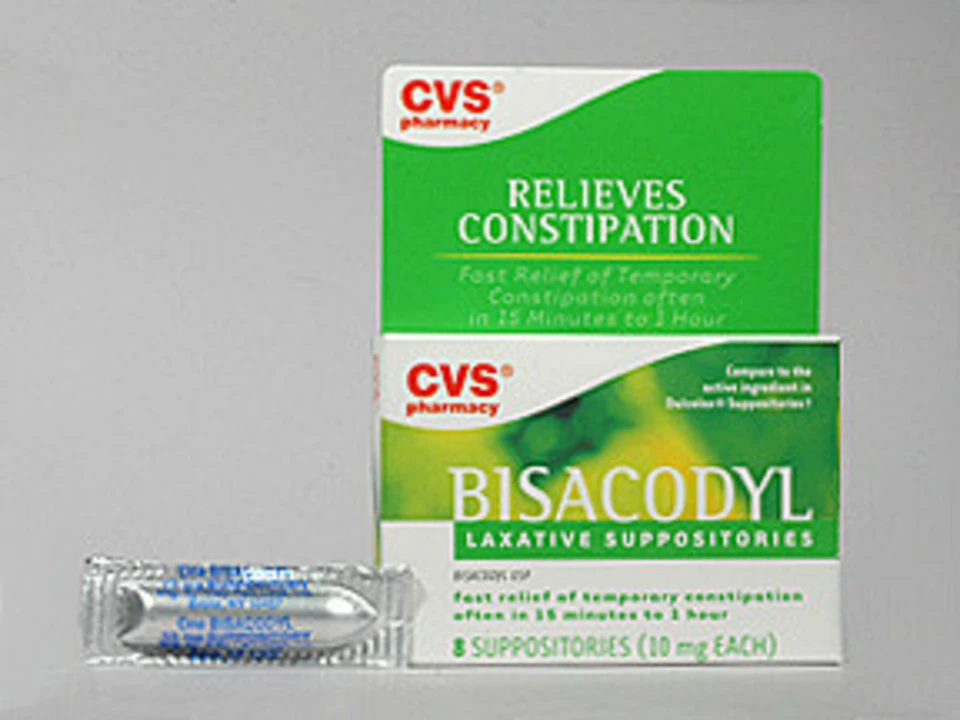Constipation: Fast Relief, Causes, and Practical Fixes
About 1 in 7 adults deals with constipation at some point. If you're stuck for days or just want to avoid the next flare-up, this page collects clear, useful tips you can try now. No fluff—just things that actually help and a few red flags you should not ignore.
Quick fixes you can try today
Hydrate first: drink a full glass of water and keep sipping. Dehydration thickens stool and slows things down.
Move your body: a 20-minute walk or even simple core contractions can trigger a bowel movement. Gravity and motion help.
Fiber boost: add soluble fiber like oats, psyllium, or a banana. If you haven’t had much fiber lately, increase slowly to avoid gas.
Try a warm drink: coffee or warm lemon water often stimulates the gut within 15–30 minutes for many people.
Position matters: sit with knees slightly higher than hips (use a small stool) to straighten the rectal angle and make passing stool easier.
Short-term OTC options: an osmotic laxative (polyethylene glycol) or a gentle stool softener can work within a day. Stimulant laxatives (bisacodyl, senna) act faster but use only occasionally—regular use can backfire.
When to see a doctor and common meds that cause constipation
See your doctor if you have severe belly pain, blood in stool, unexplained weight loss, or constipation that lasts more than two weeks despite home care. Also get urgent help for sudden change in bowel habits after age 50.
Many medicines cause constipation. Common culprits: opioids, some antidepressants, anticholinergics, iron supplements, some calcium channel blockers, and certain blood pressure drugs. If your constipation started after a new prescription, ask your prescriber about alternatives or safe countermeasures.
Special groups: pregnant people and older adults often need tailored advice. Pregnant people can usually try fiber, fluids, gentle exercise, and stool softeners. Older adults may need a gentler, stepwise plan to avoid dehydration or falls.
Prevention tips that stick: keep a routine—try to use the bathroom after meals, stay active, and mix soluble and insoluble fiber (fruits, vegetables, whole grains). Track what works for you—some foods help, others make you worse.
Using laxatives safely: start with diet and fluids, then try a fiber supplement or osmotic laxative. Reserve stimulant laxatives for short courses and follow package directions. If you need laxatives often, talk to your doctor—chronic use needs a plan.
If you want targeted help, browse our related guides on medications and digestive health for clear advice on which drugs raise constipation risk and how to manage side effects. Small changes often make the biggest difference.
As a copywriter, I've recently come across the topic of Bisacodyl use in geriatric care. Bisacodyl is a medication commonly prescribed to older adults to treat constipation. It works by stimulating the bowel muscles, helping to promote regular bowel movements. This can be especially important for the elderly, as constipation may lead to more serious health issues if left untreated. Overall, Bisacodyl seems to be a valuable tool in maintaining the digestive health of our aging population.
View Details

